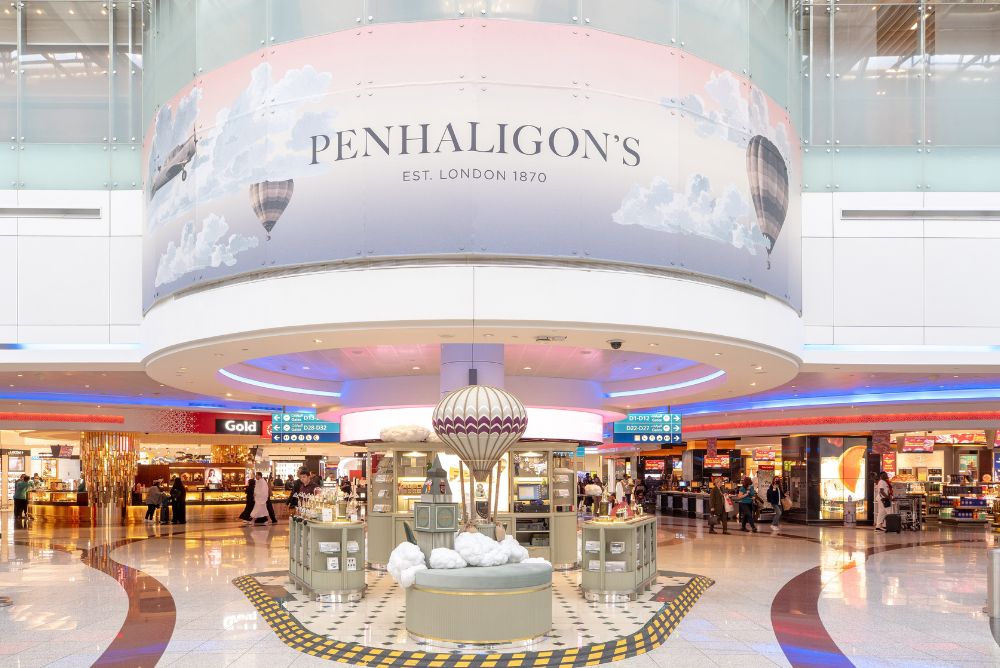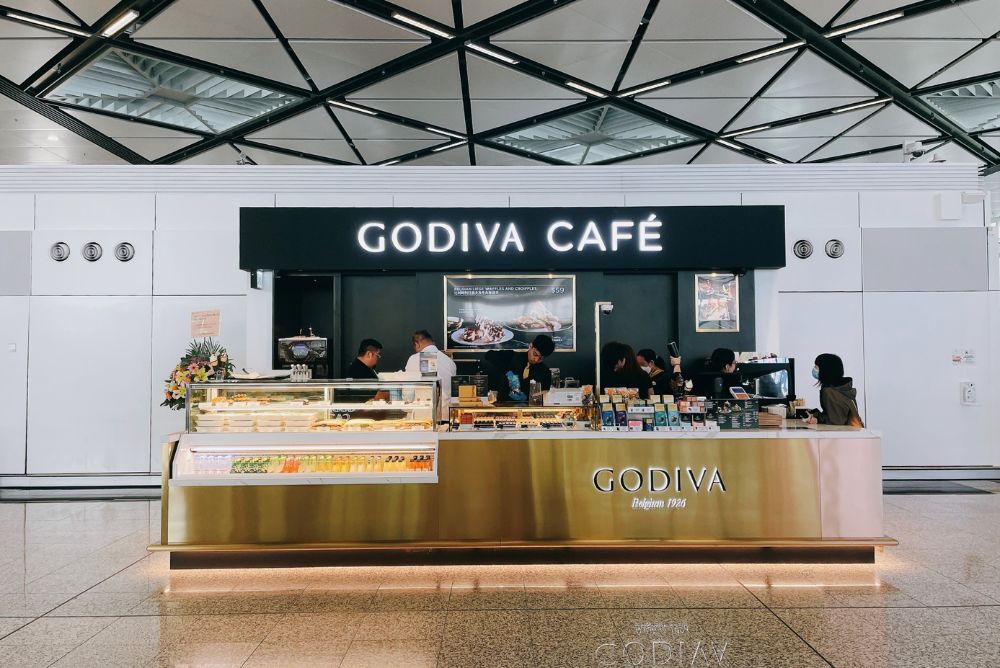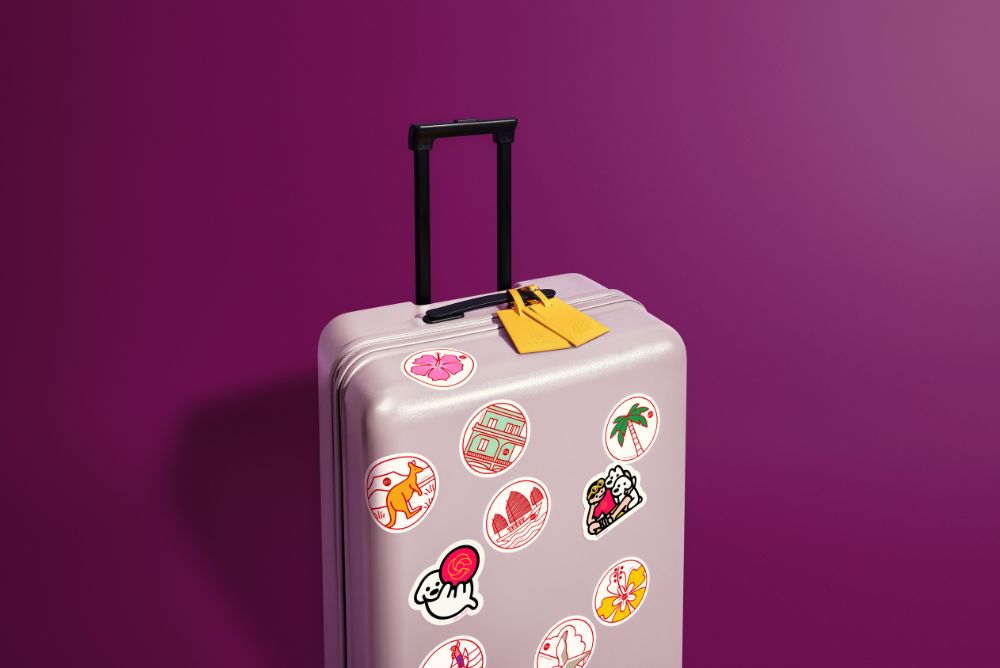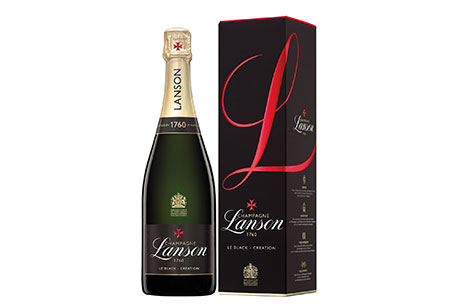Latest m1nd-set research introduces new range of consumer trends
By Andrew Pentol |

Emerging mega trends include an increased migration of price-sensitive shoppers to online marketplaces, according to m1nd-set.
Changing consumption patterns due to the global pandemic is driving the emergence of new travel retail mega trends, according to latest consumer research from m1nd-set.
The research introduces a new range of consumer trends that are affecting shopper behaviour and highlights, several of which will be specific to travel retail.
According to m1nd-set, emerging mega trends include an increased migration of price-sensitive shoppers to online marketplaces, enhanced tracking of human behaviour (physical and online) with more advanced analytics and targeting technology leading to greater personalisation, an increase in contactless shopping experiences and a greater focus on zero-waste production and more sustainable consumption practices.
The research explains how many of these trends will inevitably apply to travel retail given how consumer expectations are evolving. The accentuated shift to digital following the global pandemic is one of the most prominent trends. This will inevitably impact the travel retail sector, according to the research.
Almost two-thirds of travellers spend more time on social media and more than half say they purchase more online than before the pandemic. The research points to a continuation of this tendency as novice online shoppers such as the senior age-group become more accustomed to the e-commerce experience.
GROWING IMPORTANCE OF DIGITAL COMMUNICATIONS
The significant increase in the percentage of travellers saying they notice communications touch points more, further underlines the growing importance of digital communications in travel retail. Sixty nine percent of travellers say they notice these touch points, the majority (98%) of which are now digital in 2021, compared to only 14% in 2020.

Sixty nine percent of travellers say they notice communications touch-points, the majority of which (98%) are now digital.
International travellers are also expecting a more sophisticated e-commerce experience in travel retail. More than half (53%) of travellers say they are willing to shop or pre-order online and collect their goods either upon boarding their flight or on arrival at the destination airport.
Chinese travellers are particularly keen on the shift to e-commerce in travel retail with 62% stating they would choose this shopping channel. The global figure is significantly higher than in 2020 when only 24% said they would be willing to shop for their DF&TR items online.
A greater focus on health and wellbeing increasingly expected by international travellers, is another mega trend that will be reflected in travel retail. Around three quarters of travellers say they will prioritise their health and mental wellbeing more when they travel than they did before Covid-19, the m1nd-set mega trends research indicated.
Shoppers say they prefer to purchase natural products across a variety of product categories, including skincare and cosmetics, multivitamins, dietary supplements and sleep enhancers. Health and wellness-conscious shoppers will spend more on anti-ageing products, beauty supplements and nutrition products in particular.
Consumers are also more conscious about social and environmental issues since the pandemic, the research demonstrates and looking to purchase more environmentally friendly produced and packaged products.
IMPROVED BRAND PERCEPTION
More than 80% of travellers said their perception of certain brands had improved as a result of the increased focus by manufacturers on sustainability. This positive brand perception will also be positive for sales. According to m1nd-set, 72% of travellers say the positive brand perception linked to sustainability will incite them to purchase a product.

Eighty four percent of travellers said their perception of certain brands had improved as a result of the increased focus by manufacturers on sustainability.
Around two-thirds of travellers are even willing to pay more for a product if it has been produced and packaged in an environmentally friendly manner. Europeans and North Americans are most sensitive to the environment and willing to pay more, as suggested in the research.
M1nd-set says many of the new trends reflected in high street and other domestic retail locations must also be reflected in travel retail to avoid a dichotomy between the two retail sectors. Peter Mohn, Owner and CEO, m1nd-set explained: “The challenge the travel retail industry faces today is navigating through these numerous new trends and ensuring that the airport and onboard passenger experience is consistent with new business practices experienced in society at home.
“The post-Covid consumer is likely to be less forgiving and show less brand loyalty if the service or product experience does not cater to the new post-pandemic consumer mindset, particularly where health and safety is concerned.”
He added: “The travel retail experience has often been besmirched for lagging behind the high street on digitalisation or behind the online retail environment for personalisation and fulfilment.
“In the post-pandemic environment, travel retail will not only need to meet the level of innovation in the high street, but also match the modernisation in society generally.”
Alcohol insights: Conversion up, spend down in Q4
Conversion of visitors in the alcohol category in duty free has risen to 54% in Q4 2023,...
Heinemann Asia Pacific makes breakthrough in New Zealand at AKL
Heinemann Asia Pacific is set to enter the New Zealand market with three new retail concepts at...
Men buy and spend more in travel retail says new research by m1nd-set
Men have a higher conversion rate and spend more when shopping in travel retail, says new...
-
 International,
International,Alcohol insights: Conversion up, spend down in Q4
-

-


In the Magazine
TRBusiness Magazine is free to access. Read the latest issue now.

 Trbusiness. The travel retail Trbusiness. The magazine for global retail and duty free professionals.
Trbusiness. The travel retail Trbusiness. The magazine for global retail and duty free professionals.





















